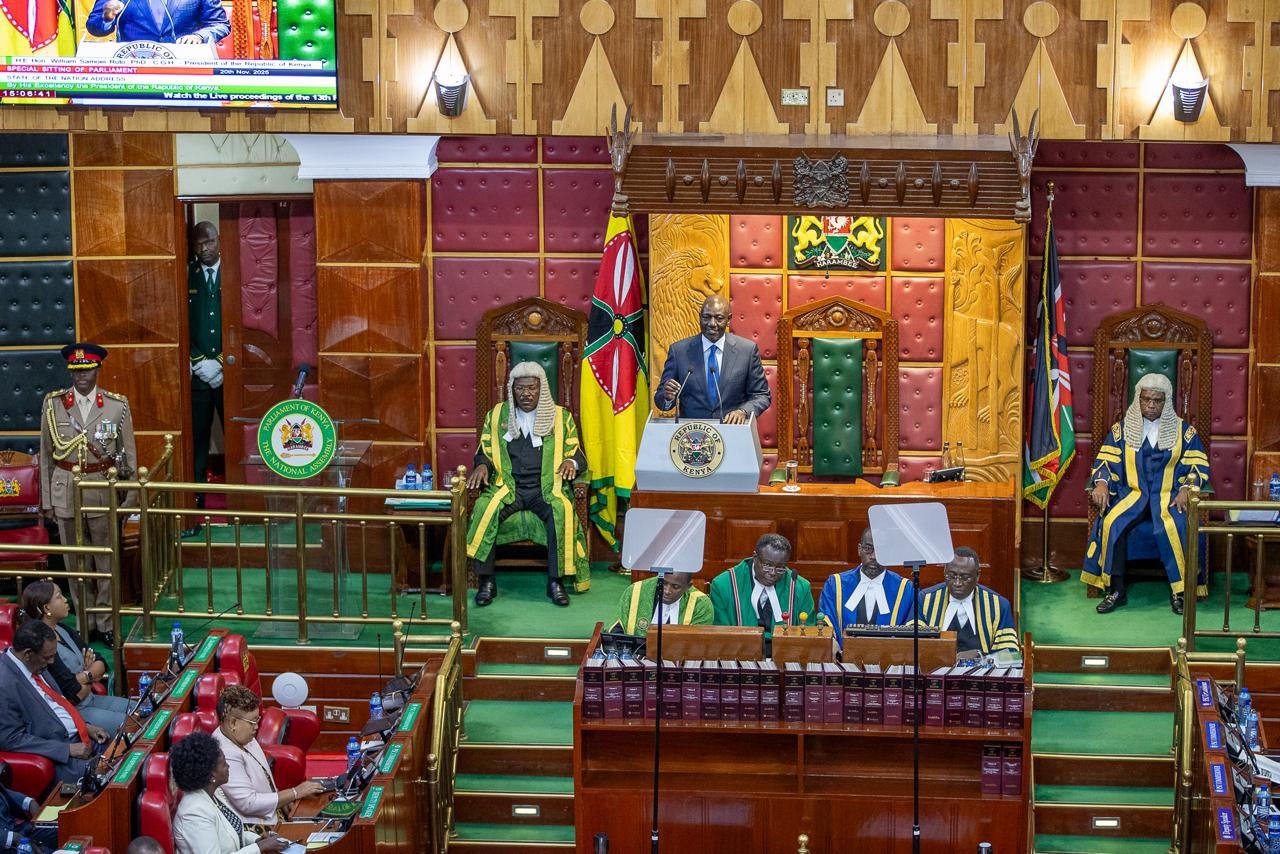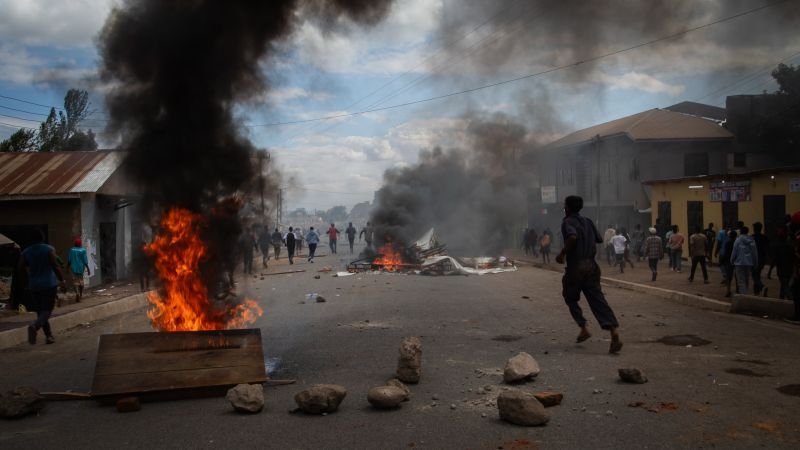When the white smoke from the chimneys faded and machines went silent at the Webuye Pan Paper factory in January of 2009, it was not just the end of an era; it was a seismic shift that would reverberate through the lives of thousands for years to come.
During the over three decades of operations in Webuye, the mill company had become the lifeblood of the community, a glaring symbol of industrial might and economic prosperity. More than 1,500 employees, many of whom had spent their entire working lives within the mill's confines, were rendered jobless overnight.
Once a beacon of progress, the first and only ever-established paper factory in Western Kenya had been struggling under the weight of mismanagement, financial woes, and insurmountable debt. But it is global economic shifts that further exacerbated the financial strain, pushing the mill towards an inevitable shutdown.
Local businesses, shops, and markets which thrived on the patronage of the mill and its workers began to wither while family dynamics were tested under the financial hardship of unemployment compounded by nearly Sh300 million in unpaid salaries and dues.
The once mighty Webuye town, now with its lifeblood gone and devoid of the frenetic bustle typical of industrial cities, became a shell of its former self.
The horror of Pan Paper's closure, and its consequential social-economic effects, underscores the profound impact of industrial operations on local communities and serves as a poignant reminder of the need to nurture and protect critical investments.
It is a sentiment that resonates deeply with Anthony Wanyoike, a Thika-based businessman who also serves as the Chairman of the Thika business community, a formidable organization that boasts more than 7,000 members who occasionally pull together to lobby for sound economic policies and push for increased community-level engagements from local and international investors within the vast Kiambu County.
Kiambu is home to another economic giant, fruit processor, and exporter, Del Monte Kenya, whose fate risks being intertwined with that of Pan Paper Mills.
However, this time, it is not financial strain or mismanagement threatening its operations, but the demons of political maneuvering, greed, and an acute failure to see the bigger picture from a section of the local political class who continue to undermine the giant pineapple exporter, risking not only the company's future but also the livelihoods of thousands who depend on it.
Wanyoike says he has seen firsthand how the flow of industrial fortunes can shape a community's destiny.
Most of our members and small trader groups are suppliers for Del Monte, providing everything from factory and lab equipment to machinery parts and servicing. The rental houses around here are mostly occupied by Del Monte workers, which has been a great boon for our community," he explains.
Wanyoike attributes the persistent human rights abuse allegations against Del Monte to a web of unscrupulous individuals, brokers, and opportunists exploiting the highly sensitive land issue.
The global pineapple processor and exporter agreed to cede thousands of acres in both Kiambu and Murang'a counties as part of a resettlement deal with the Kenyan Government and a proposed land-sharing agreement between the county governments and residents was reached, as detailed in the Nyamoko report presented in October 2023.
Wanyoike says while it is crucial to hold businesses accountable for their actions, it is equally important to approach such matters with a nuanced perspective.
“Knee-jerk reactions and unverified allegations can have devastating consequences, not just for the businesses involved, but for entire communities” he explains.
In hindsight, Del Monte Kenya faces a grave dilemma on how to address the meticulously organised pineapple theft by sponsored cartels within its vast farm while contending with unfounded civil claims and allegations of human rights abuses against its security guards.
This precarious situation has fueled suspicions that the fruit processor may be forced to downscale or shut down altogether, potentially collapsing the billions in the value chain it supports and jeopardizing the livelihoods of over 6,500 workers it employs directly.
Such an outcome could potentially revive the socio-economic horrors witnessed during the closure of the Pan Paper factory in Webuye at a time when unemployment numbers in Kenya were at a record high.
However, the company is not leaving anything to chance. In March of this year, Del Monte announced plans to onboard a dedicated Human Rights and Community Welfare Manager to address any human rights issues that arise.
This initiative aims to foster cooperation from local stakeholders, guided by an independent human rights assessment study the company conducted last year
It follows a trend among similar organisations, including Tatu City and agro-processor Kakuzi, which are increasingly adopting public accountability programs to foster better relationships with local communities.
For instance, in August 2021, Kakuzi appointed former Attorney-General Githu Muigai to spearhead its human rights reforms as part of the agricultural firm's settlement of alleged abuses.
Muigai, along with a team of experts, would provide technical guidance to the board of directors, to enhance transparency and ethical practices.
Even so, these frustrations directed at international investors damage Kenya's image and reputation, potentially deterring foreign direct investments.
Many investors view Nairobi as a gateway to a lucrative regional market and have historically operated and expanded their businesses undisturbed across different regimes.
Moreover, the withdrawal of such investors would have significant repercussions on local communities.
Companies like Del Monte, Kakuzi, and Tatu City are heavily involved in community projects, including health, education, and infrastructure development.
If these investors were to exit, these initiatives could regress by decades. The situation remains uncertain, and the coming months will reveal how these dynamics unfold.












